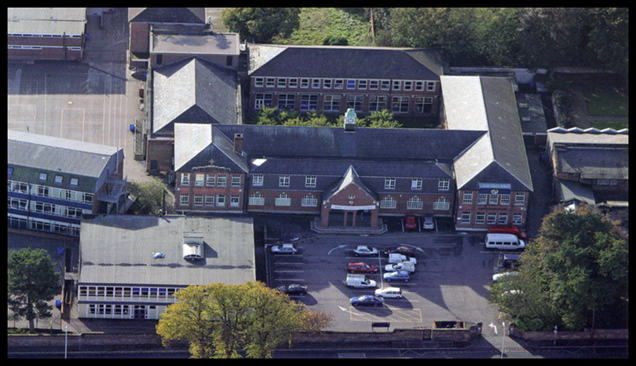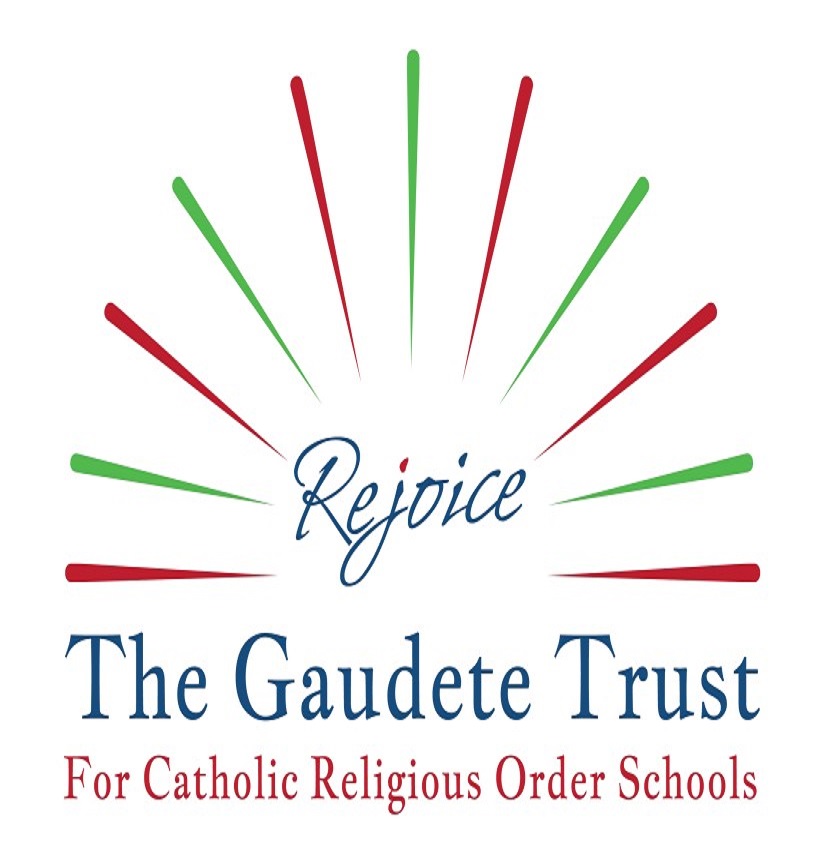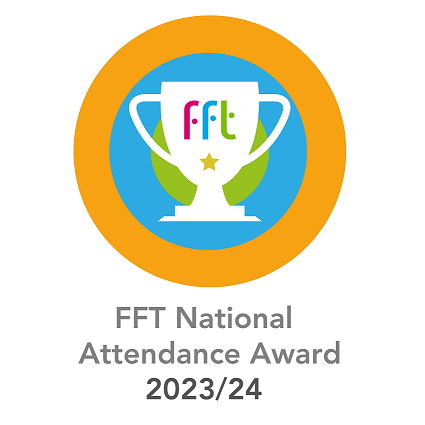“There is…an essential link between a Catholic school’s celebration of prayer and liturgy and the living out of its mission and ethos.”
The Diocesan Prayer and Liturgy Directory

Chaplaincy is the term used to describe how faith and college life are brought together into a single cohesive whole. This work is shared by all members of the School community, but the majority of it is undertaken by the Department for Religious Education and the Senior Leadership Team, who work in conjunction with the Lay Chaplain. However, the Church has clearly communicated it’s belief that all staff employed at a Catholic school like St Anselm’s are considered to be ‘Ministers of Education’ – charged with upholding Gospel Values in all their work. This attitude is mirrored in our Mission Statement: the religious of the school is not limited to certain parts of the staff and student body, but involves everyone. Without this the all-encompassing nature of Faith cannot thrive or take its full effect – and the formation of our students will not meet our high expectations.
The Lay Chaplain employed the school is a symbol of our dedication to faith-led-education. The Chaplain is not a teacher, but works with teachers and other staff to deliver liturgical events, top improve and promote College prayer and worship throughout the day, to liaise with other Catholic schools in our wider network, and to maintain strong relationships between the school and the local clergy and wider Diocese. The Chaplain is not the leader of religious life, that role is filled by the Head teacher, but instead operates in a supporting role to ensure that the school’s vision of formation is brought into reality.
Formation
“…have courage; the good seed will grow up in the children’s hearts later on.”
Blessed Edmund Rice

St Anselm’s sets out a clear structure of formation that it students will follow throughout their years at the school. It begins with the broad, whole school involvement in the day-to-day liturgy. This includes formtime prayer, assemblies, liturgical celebrations, the Mass and other formal worship events. From here, progressing from faith to action, students are invited to participate in our charitable causes. This is always voluntary, and the seriousness and impact of these causes develops as the students mature through their years here – they are invited to take on more and more responsibility with these, and to further their understanding of the principles of faith that lie at the base of their action and motivate it. Towards their final years in the College, students are then invited, through broad and more voluntary liturgical events, to discern for vocations in the world. Vocational thinking requires a student to identify what drives them in life, what they care about and consider to be good. The College wishes its students to think beyond its boundaries to the world aside: it encourages them to find, through faith, what they want the direction of their lives to be. Through our formation we hope to create young men capable of choosing good, purposeful directions in their lives.

Our Chaplain
Hello, my name is Arran Kearney. I am an old boy the College, graduating from the Sixth Form in 2019. I studied at University abroad, at a little place called Milligan in Tennessee. I studied History, a passion I developed throughout my time at St Anselm’s, and I was able to study in the United States through a running scholarship – for which I also give the College a lot of credit. I have stepped into the role as College Chaplain both because I wish to give students the experience I had during my time at school and also, and most importantly, because I am seeking to live a life through faith. The impulse towards such a life is the greatest gift St Anselm’s has given me.








